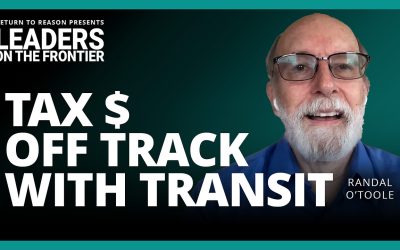
Executive Summary
Eighty years after the repeal of Prohibition-era policies, most Canadian provinces maintain monopolies for the sale and distribution of alcohol. This study explores the economic and public policy rationale behind these monopolies, focusing specifi cally on Saskatchewan’s framework. It also examines frameworks in Alberta, British Columbia, Manitoba, Ontario and Quebec.
In recent years, government policy concerning the retail and distribution monopolies has come into question. In 2009, following the opening of two privately operated specialty wine stores in Saskatchewan, the Saskatchewan Government and General Employees’ Union (SGEU) unleashed an anti-privatization campaign that claimed public monopolies prevent social harms and increase economic effi ciency. Using Canadian empirical data and statistics, this study tests these claims. A closer examination shows that most of the claims made in favour of government monopoly, particularly those made by the SGEU, are exaggerated, misleading, lack suffi cient data, or are simply incorrect.
View Entire Study as PDF (49 pages) –
Policy Series 70 -Ending Saskatchewan’s Prohibition-Era Approach to Liquor Stores
Dave Snow is a PhD student in the Department of Political Science at the University of Calgary, specializing in constitutional law and comparative politics. He received a BA from St. Thomas University in Fredericton, New Brunswick, and an MA from the University of Calgary. He is a graduate fellow at the Institute for Advanced Policy Research and has previously published a paper on affordable housing and homelessness with the Canada West Foundation.


